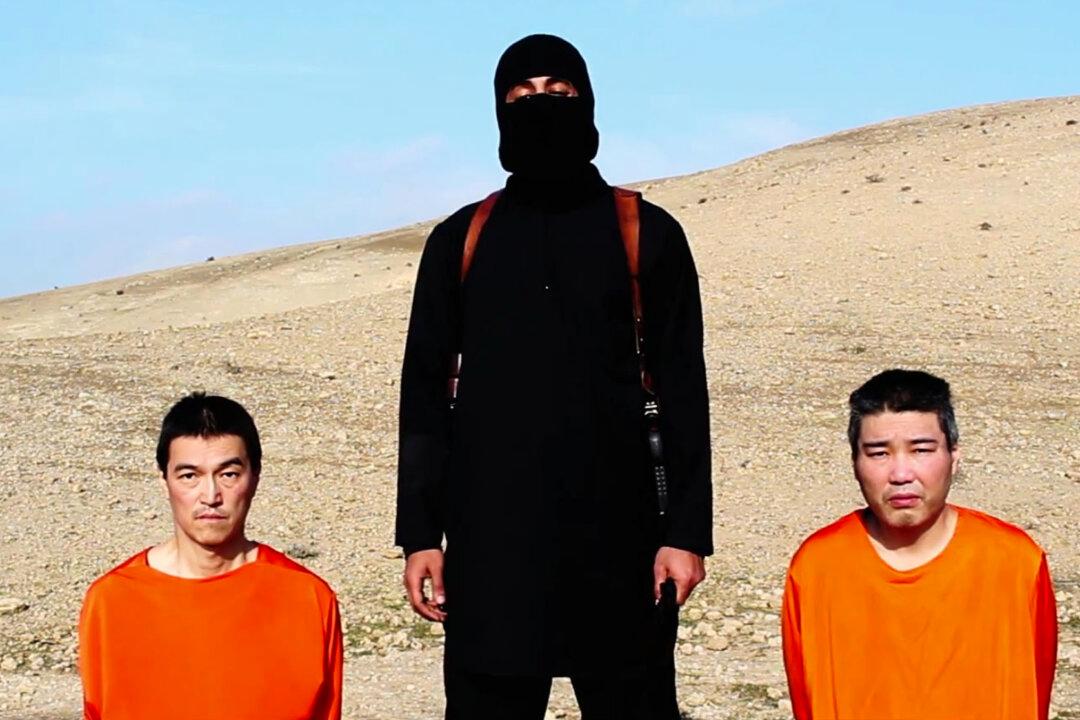The Islamic State, or ISIS, posted a video Tuesday that purports to show two Japanese hostages and included a threat to execute both of them unless the organization receives $200 million in 72 hours. The threat to kill both men, Kenji Goto Jogo and Haruna Yukawa, contrasts ISIS' previous tactic of simply decapitating its captives in lieu of any negotiation.
The development could suggest that ISIS might be having financial problems. The organization mainly generates its revenue through oil smuggling, but there’s recent downturn in prices worldwide.
ISIS also recently released more than 200 Yazidi hostages in Iraq, which prompted speculation by Iraqi officials that the terrorist group didn’t have any money to care for them.





